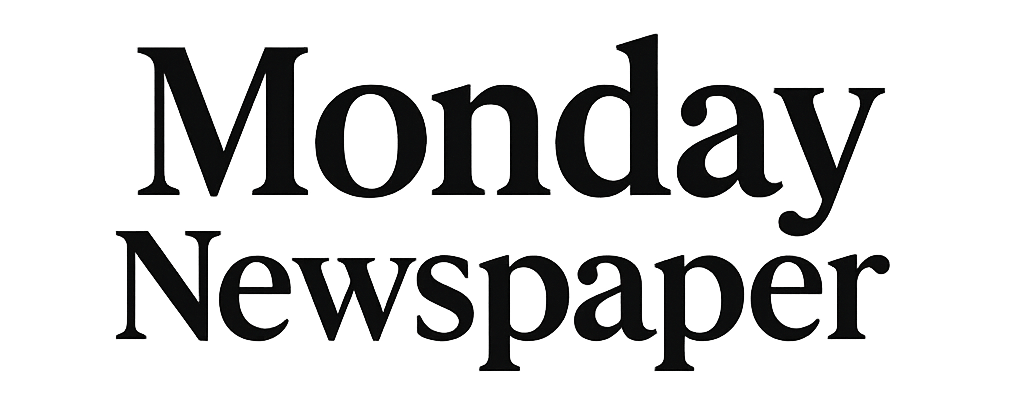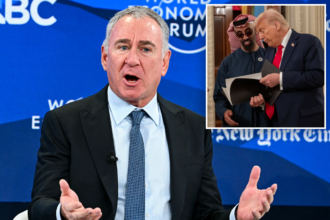A popular tax break for workers nearing retirement age allowing them to make extra catch-up contributions is changing next year, which will limit access to some high earners.
The IRS issued new regulations last month to implement a provision of a 2022 law known as the SECURE 2.0 Act, which requires that high earners who earned $145,000 or more in gross income as an individual the prior year make 401(k) catch-up contributions to after-tax Roth accounts starting with the 2026 tax year.
Under the rules that will remain in effect through the 2025 tax year, workers aged 50 and up were eligible to make their 401(k) catch-up contributions to either a before-tax traditional account or an after-tax Roth account, depending on their preference and what their retirement plan allows.
Making catch-up contributions on a before-tax basis allowed workers to receive an upfront tax break by using a deduction to reduce their taxable income — but the change means that high earners over the income threshold won’t have that option starting in the 2026 tax year.
Catch-up contributions are made in addition to normal contributions to 401(k) accounts.
In 2025, eligible workers over the age of 50 can make an extra $7,500 in contributions to their 401(k) in catch-up contributions in addition to the standard contribution limit of $23,500 for workers under 50.
There’s also a higher limit for workers between the ages of 60 and 63, who can make up to $11,250 in catch-up contributions in 2025.
Workers whose employer-sponsored retirement plans don’t currently have Roth 401(k) options may be unable to make catch-up contributions until one becomes available.
The Wall Street Journal reported that employers have been adding Roth 401(k) options, with Fidelity now including it as an option in 95% of managed plans, up from 73% two years ago, while 86% of Vanguard-managed 401(k) plans offer a Roth.
While savers who contribute to traditional 401(k) accounts receive the upfront tax break, they do owe income taxes for future withdrawals.
By contrast, contributions to Roth accounts lack the initial tax break but have tax-free growth and withdrawals.










